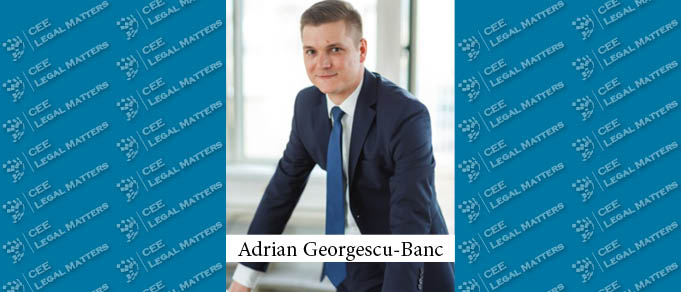Under Law no. 307/2006 on fire prevention, the managing directors of economic operators that meet certain statutory criteria are required to set up and operate a private emergency service or commission a voluntary or private emergency firefighting service.
The latest criteria for setting up, classifying and commissioning voluntary and private services for emergencies, adopted by the Ministry of Internal Affairs in 2019 ("Criteria"), are of great interest to both local authorities and companies providing private services for emergencies, as well as to economic operators which conduct activities with a fire risk and which have legal protection obligations.
The new Criteria introduce important changes, especially to the types of private emergency services that must be set up, and they extend the range of economic operators obliged to establish such a service, as follows.
The private services must be set up according to the following types:
- type P1 services – as in-house services at the level of economic operators and institutions;
- type P2 services – as in-house services at the level of economic operators subject to legislation on the handling of major accidents involving hazardous substances;
- type P3 services – as in-house services at the level of economic operators and institutions carrying out activities involving fire hazards or as service companies.
While the P1 and P2 services types (identified in the old regulation as types C1 and C2) have not undergone any major changes in the criteria to be considered by the economic operators concerned, the introduction of the P3 service type means that the new Criteria are of particular relevance to companies which carry out activities involving fire hazards and which have protection obligations.
Thus, under Article 37(3) of the Criteria, P3 services must be set up at economic operators with the following facilities:
- Production and/or storage buildings identified as having a high and/or very high fire risk, on a total developed area of more than 50,000m2
- Equipment and technological installations identified as having a high and/or very high fire risk, on a total developed area of more than 50,000m2
- Buildings, machinery and installations as specified in a) and b), identified as having a high and/or very high fire risk, if the total of the developed areas is larger than 50,000 m2.
A private in-house service must be composed of physically, medically and psychologically fit personnel and must consist, as applicable, of: a) voluntary staff; b) staff employed in the specific positions of the service; c) staff employed in other positions of the economic operator that set up the service.
The private service staff members must be trained via training programmes, formal instruction, conferences, testing, exercises and professional competitive exams. These are laid out in the training plan for emergencies, which must be drawn up according to a structure approved by the General Inspectorate for Emergency Situations.
Private services must be provided with special vehicles and equipment depending on the risks managed in the area of expertise. In the private in-house service, which must be equipped with special vehicles and fire-extinguishing equipment, the tasks are to be carried out by the staff employed as the head of service, group leader and special vehicle driver for each intervention group on duty. The tasks of a private service which has no special water or foam fire-extinguishing equipment are to be carried out by the staff of the economic operator, who are usually assigned to other positions.
However, the legislator has retained the option introduced by Law no. 307/2006 for the economic operators concerned to outsource these services, bycommissioning authorised private or voluntary services in compliance with the conditions expressly set out in the Criteria regarding the areas of expertise to be covered by these services.
By Adrian Georgescu-Banc, Senior Associate, Noerr



